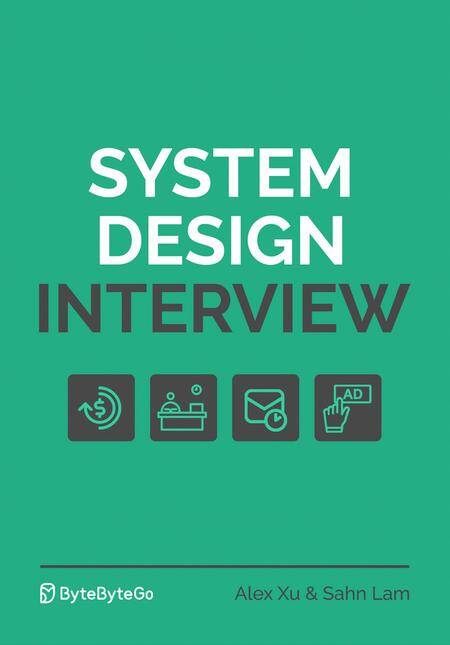
System Design Interview
Alex Xu · Bestselling author
English | 2023 | 30 Lessons | HTML | 129 MB
We are delighted that you have decided to join us in learning the system design interviews. System design interview questions are the most difficult to tackle among all the technical interviews. The questions require the interviewees to design an architecture for a software system, which could be a news feed, google search, chat system, etc. These questions are intimidating, and there is no certain pattern to follow. The questions are usually very big scoped and vague. The processes are open-ended and unclear without a standard or correct answer.
Companies widely adopt system design interviews because the communication and problem-solving skills tested in these interviews are similar to those required by a software engineer’s daily work. An interviewee is evaluated based on how she analyzes a vague problem and how she solves the problem step by step. The abilities tested also involve how she explains the idea, discusses with others, and evaluates and optimizes the system. In English, using “she” flows better than “he or she” or jumping between the two. To make reading easier, we use the feminine pronoun throughout this course. No disrespect is intended for male engineers.
The system design questions are open-ended. Just like in the real world, there are many differences and variations in the system. The desired outcome is to come up with an architecture to achieve system design goals. The discussions could go in different ways depending on the interviewer. Some interviewers may choose high-level architecture to cover all aspects; whereas some might choose one or more areas to focus on. Typically, system requirements, constraints and bottlenecks should be well understood to shape the direction of both the interviewer and interviewee.
The objective of this course is to provide a reliable strategy to approach the system design questions. The right strategy and knowledge are vital to the success of an interview.
This course provides solid knowledge in building a scalable system. The more knowledge gained from reading this course, the better you are equipped in solving the system design questions.
This course also provides a step by step framework on how to tackle a system design question. It provides many examples to illustrate the systematic approach with detailed steps that you can follow. With constant practice, you will be well-equipped to tackle system design interview questions.
YOU’LL LEARN
A 4-step framework for solving any system design interview question.
An insider’s take on what interviewers really look for and why.
26 real system design interview questions with detailed solutions.
500+ diagrams to visually explain how different systems work.
1 Foreword
2 Join the Community
3 Scale From Zero To Millions Of Users
4 Back-of-the-envelope Estimation
5 A Framework For System Design Interviews
6 Design A Rate Limiter
7 Design Consistent Hashing
8 Design A Key-value Store
9 Design A Unique ID Generator In Distributed Systems
10 Design A URL Shortener
11 Design A Web Crawler
12 Design A Notification System
13 Design A News Feed System
14 Design A Chat System
15 Design A Search Autocomplete System
16 Design YouTube
17 Design google Drive
18 Proximity Service
19 Nearby Friends
20 google Maps
21 Distributed Message Queue
22 Metrics Monitoring and Alerting System
23 Ad Click Event Aggregation
24 Hotel Reservation System
25 Distributed Email Service
26 S3-like Object Storage
27 Real-time Gaming Leaderboard
28 Payment System
29 Digital Wallet
30 Stock Exchange
Amazon page
System Design Interview
未经允许不得转载:finelybook » System Design Interview
相关推荐
- Probabilistic Machine Learning: An Introduction
- Algorithms as a Basis of Modern Applied Mathematics
- Mastering STM32: A step-by-step guide to the most complete ARM Cortex-M platform, using the official STM32Cube development, 2nd Edition
- Full Stack JavaScript Strategies: The Hidden Parts Every Mid-Level Developer Needs to Know
 finelybook
finelybook
